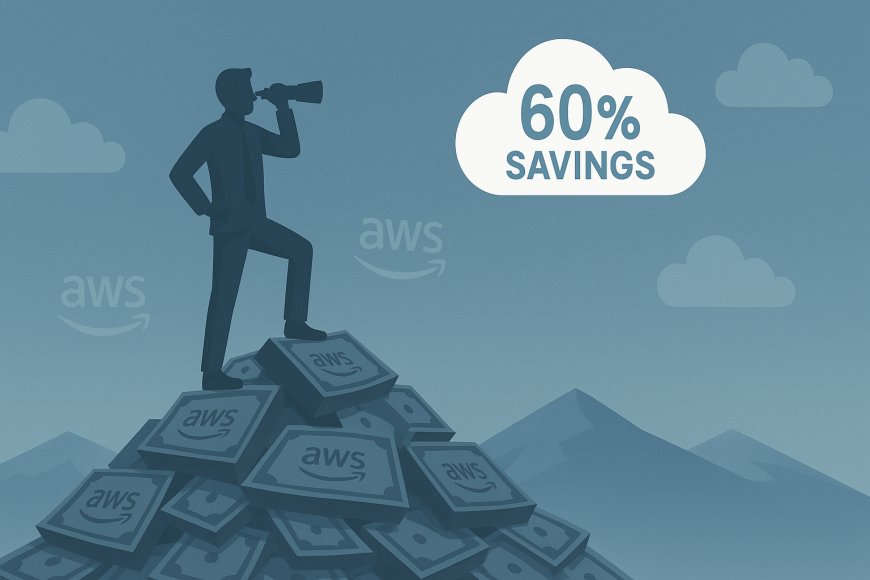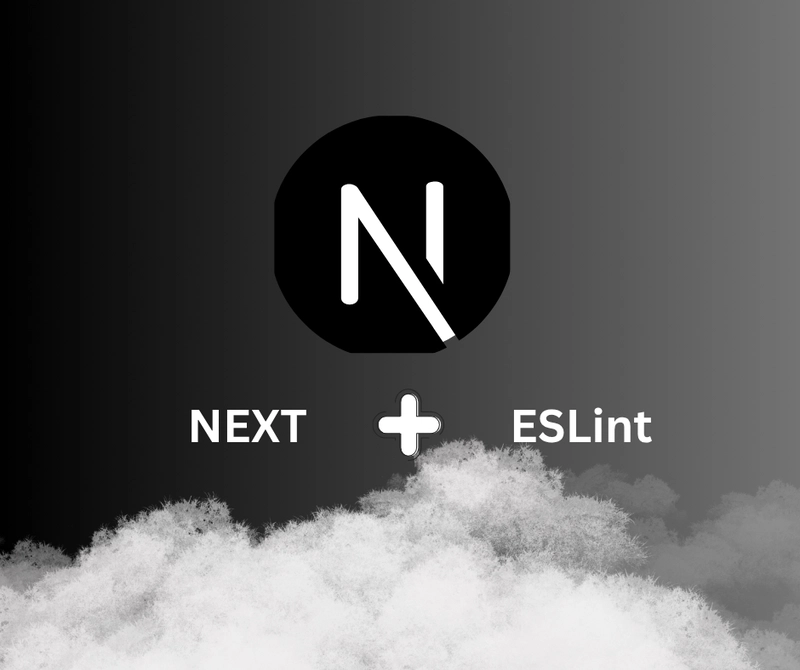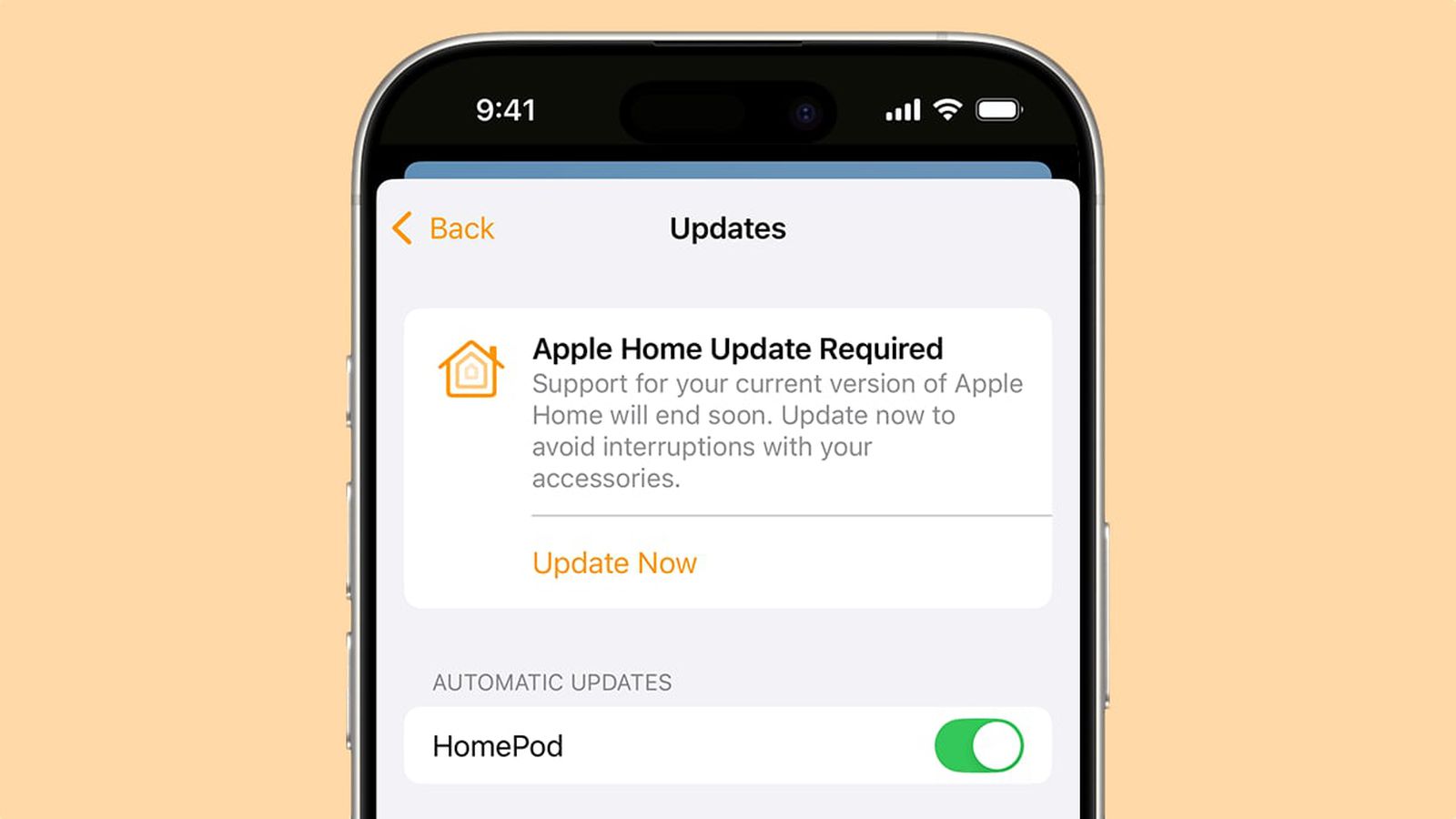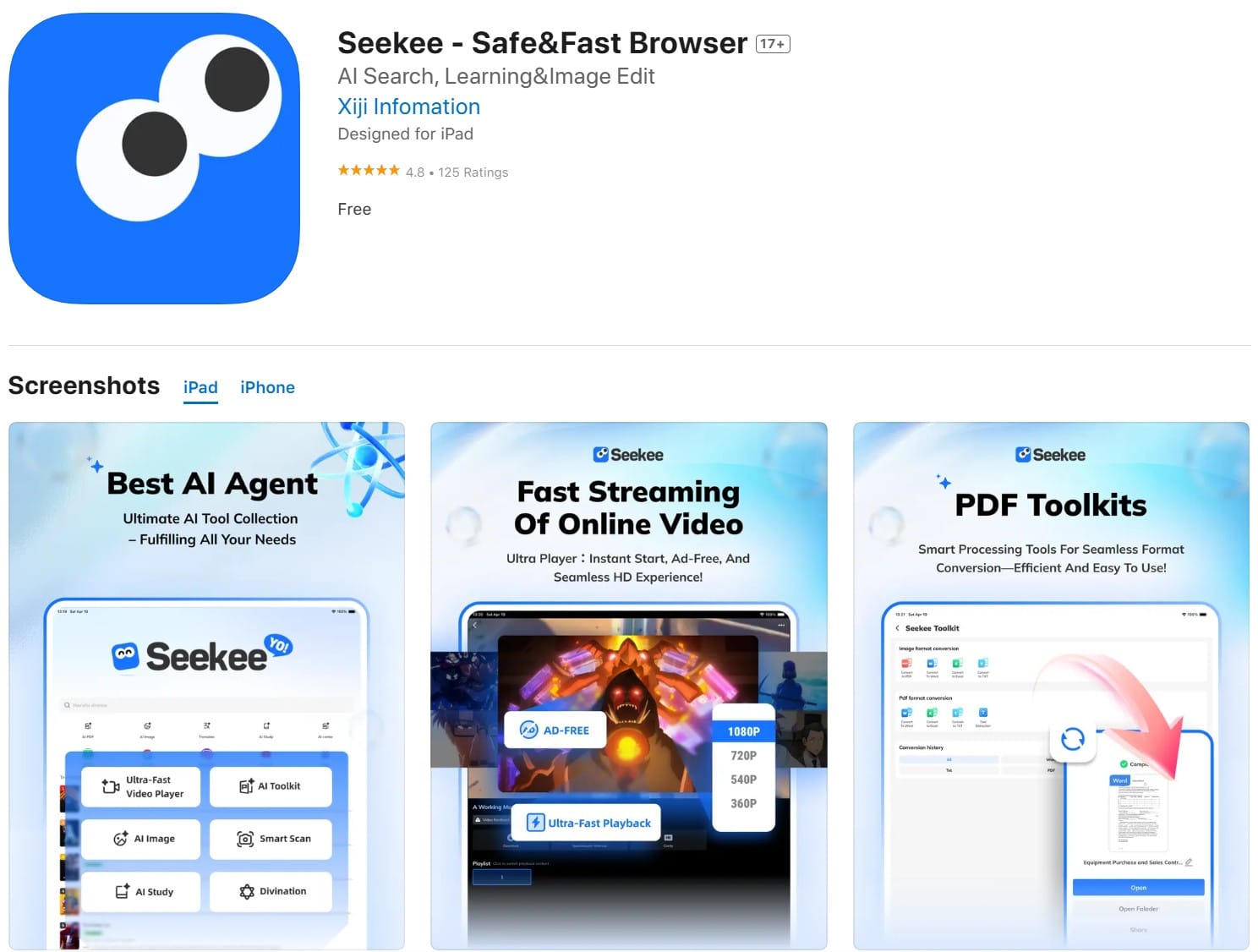Tips to reduce aws charges for startups

For most startups today, building on AWS is the obvious choice. It's flexible, robust, and comes with a massive ecosystem of services to scale anything from a weekend prototype to a billion-dollar platform.
But here's the dirty little secret: AWS, while powerful, can be a trap for startups who aren't yet cloud-savvy.
Founders and CTOs often focus on getting their product off the ground fast and rightly so. Speed is your moat in the early days. But somewhere between MVP and product-market fit, AWS bills begin to balloon.
What started as $30 a month can quietly become $3,000. By the time someone notices, it’s already affecting burn rate, runway, and investor confidence.
This isn’t just a budgeting issue. It’s a mindset shift startups need to adopt early.
The cloud expense no one warned you about
Startups often treat AWS pricing as a fixed cost, something they can’t control. But in reality, cloud bills are highly elastic. The problem is, when you're moving fast, cost optimization sounds like premature optimization. And because AWS pricing is layered with complexity (data transfer, IOPS, reserved vs on-demand pricing), many founders simply choose to ignore it.
But the “we’ll optimize later” approach often turns into, “we’re spending $10K a month, and we’re not even sure on what.”
This isn’t just common, it’s epidemic.
I’ve spoken to dozens of early-stage founders, and the stories are eerily similar: a couple of engineers launch something fast, spin up services they never shut down, scale too early, or keep dev/test resources running 24/7. Within 3–6 months, their AWS bill rivals their payroll.
It doesn’t have to be this way.
You don’t need a devOps team to start saving
One of the biggest myths is that optimizing AWS requires deep technical knowledge or a dedicated infrastructure team. While a good DevOps engineer can absolutely help, you don’t need one to start making smarter decisions.
In fact, just having a 10-minute discussion with your team every two weeks about what's running, what's needed, and what's not can reduce costs by 20–30%.
Another tactic?
Reframe the conversation around ownership. If everyone on the team has visibility into the AWS bill and understands the financial impact of their infrastructure choices, they’ll naturally be more cost-conscious.
Give your developers permission to delete old resources. Put alerts in place when spending crosses certain thresholds.
Use native tools like AWS Cost Explorer, or dashboards that simplify this information for non-cloud people.
The goal isn’t just saving money. It’s creating a culture of ownership and financial discipline, traits investors and future employees deeply respect.
Cost efficiency is a competitive advantage
For startups, cash is oxygen. Every dollar you save on AWS is a dollar you can reallocate to hiring, marketing, or extending your runway. And in a time when venture capital is more conservative than it used to be, capital efficiency is no longer a bonus, it’s expected.
I’ve seen startups survive downturns not because they raised more money, but because they were smart about how they spent it—cloud costs included.
Today, platforms like Kuberns are helping bridge that technical gap.
Without requiring heavy infrastructure work, Kuberns automates cost monitoring, instance right-sizing, and scaling.
Startups using it have cut their AWS bills by up to 60%, simply by choosing Kuberns.
It’s not about replacing your team, it’s about augmenting it with tools that let you stay lean and move fast without paying for cloud bloat.
There’s no glory in overspending
One of the startup world’s biggest blind spots is associating large AWS bills with growth. “We must be doing well if our usage is growing,” the thinking goes. But usage without efficiency is vanity.
True maturity is not in how many EC2s you’ve deployed, but in how effectively you’ve deployed them.
I know founders who celebrate saving $50/month on a newsletter tool, but who ignore $5000 in unnecessary AWS spend. The difference? Visibility. And that’s where most startups fall short.
When you treat your cloud bill like a product metric, something to iterate on, refine, and improve, it becomes a lever, not a liability.
Optimize early, Benefit long-term
The earlier you start thinking about AWS cost efficiency, the more you benefit as your product scales. Just like compounding in finance, the impact of small optimizations early in your startup journey multiplies over time.
You don’t need to obsess over every penny from day one.
But you do need a system.
Whether that’s a weekly review, a smart monitoring tool like Kuberns, or simply a culture of infrastructure hygiene, it matters.
In the end, you didn’t start a company to give half your funding to AWS. Optimizing your cloud costs is not just smart engineering, it’s smart business.






































































































































































![[The AI Show Episode 145]: OpenAI Releases o3 and o4-mini, AI Is Causing “Quiet Layoffs,” Executive Order on Youth AI Education & GPT-4o’s Controversial Update](https://www.marketingaiinstitute.com/hubfs/ep%20145%20cover.png)




























































































































![Ditching a Microsoft Job to Enter Startup Purgatory with Lonewolf Engineer Sam Crombie [Podcast #171]](https://cdn.hashnode.com/res/hashnode/image/upload/v1746753508177/0cd57f66-fdb0-4972-b285-1443a7db39fc.png?#)









































































































































_Piotr_Adamowicz_Alamy.jpg?width=1280&auto=webp&quality=80&disable=upscale#)















































































































![Samsung's New Galaxy S25 Edge Takes Aim at 'iPhone 17 Air' [Video]](https://www.iclarified.com/images/news/97276/97276/97276-640.jpg)
![Apple to Launch AI-Powered Battery Saver Mode in iOS 19 [Report]](https://www.iclarified.com/images/news/97309/97309/97309-1280.jpg)

![Apple Officially Releases macOS Sequoia 15.5 [Download]](https://www.iclarified.com/images/news/97308/97308/97308-640.jpg)

































































































